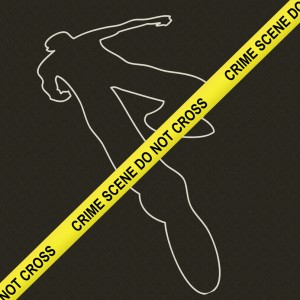Self-Harm: Stabbing Yourself is Bad
Stabbing is bad. It just is. If you have to pick self-harm options between cutting, hitting, and stabbing, don’t pick stabbing.
Unless you’re trying to kill someone, in which case I think stabbing would be pretty good. And satisfying. I’m surprised more murderers don’t pick stabbing.
Anxiety, Impulse Control Self-Harm and Stabbing
I’m having anxiety issues. And impulse control issues. And stabbing issues. Well, that last one is really a function of the other two, but it’s an issue nonetheless.
I’ve always been attracted to stabbing. I think that’s because when you start wielding a blade with force, you can’t change your mind. And it’s so easy to did deep. And draw a lot of blood.
Read More








Recent Comments